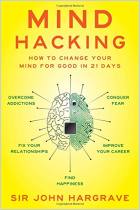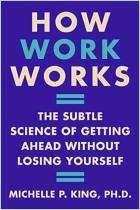
God’s Bankers
A History of Money and Power at the Vatican
ISBN: 9781416576570
Pages: 752
Read offline
Recommendation
Veteran author and reporter Gerald Posner provides a well-researched history of the Vatican’s finances. He describes a pattern of Vatican insiders and business partners taking financial advantage of the secrecy that the Vatican’s sovereign status provides. His most compelling reportage covers the Roman Catholic Church’s notorious failings during the Holocaust. Posner details the Church’s self-preserving favoring of Italian Fascists and German Nazis due to its fear of “godless bolshevism.” Pope Pius XII’s failure to chastise the mostly Catholic perpetrators of the Holocaust proves deeply disturbing, as does the Church and its bank’s assisting a “ratline” of Nazis to escape to Argentina after the war. The Church’s cover-ups in response to child abuse claims also prove damning. Today’s push toward financial propriety, driven by the assertive, admirable Pope Francis, makes for an uplifting ending. Posner comes down on the negative events in Vatican history, and doesn’t dwell on the Church’s charity or good works. He treats hard issues as fair game and provides fascinating material on the Fascist era. While always neutral on religion and politics, getAbstract recommends Posner’s riveting reporting and sobering lessons about human fallibility, however much reverence those failed humans accrued.
Take-Aways
About the Author
Gerald Posner’s books include Miami Babylon, Motown, Citizen Perot and Warlords of Crime. He contributes to NBC, CNN and the History Channel.

















Comment on this summary or 开始讨论